
In recent years, the fields of artificial intelligence (AI) and machine learning (ML) have significantly influenced various sectors, and SEO is no exception. As search engines become more sophisticated, the role of AI and ML in SEO strategies has become a focal point for industry professionals. This blog post explores how AI and ML are reshaping SEO and what this means for businesses aiming to improve their online visibility.
Understanding AI and Machine Learning in SEO
AI refers to the simulation of human intelligence in machines that are programmed to think and learn like humans. Machine learning is a subset of AI that involves the development of algorithms that allow computers to learn and make decisions from data without being explicitly programmed. In SEO, these technologies help automate and optimize many processes that were traditionally manual and time-consuming.
How AI and ML Are Transforming SEO
- Improved Search Algorithms Google’s algorithm updates have increasingly incorporated AI and ML to improve the relevance and quality of search results. Google’s RankBrain, introduced in 2015, was one of the first machine learning systems deployed to interpret search queries and deliver more relevant search results. Today, AI advancements continue to refine these algorithms, helping to better understand user intent and the contextual meaning of terms.
- Content Relevance and Quality AI tools are now capable of analyzing content quality at scale, assessing everything from grammar and readability to the relevance of the information provided. This enables search engines to prioritize high-quality, informative content in their rankings. For ai content editor and creators, this means adopting an AI-powered content strategy is becoming increasingly important to stay competitive.
- User Experience Optimization Machine learning algorithms can analyze vast amounts of data on how users interact with websites. This data can inform SEO strategies by identifying patterns that lead to better user engagement and lower bounce rates. Optimizing for these factors not only improves user experience but also boosts SEO rankings, as search engines increasingly prioritize user satisfaction.
- Voice Search and Natural Language Processing With the rise of digital assistants like Alexa, Siri, and Google Assistant, voice search has become an integral part of SEO. AI enhances natural language processing (NLP) capabilities, making it easier for machines to understand and process human speech. Optimizing for voice search requires a different approach, focusing on more conversational long-tail keywords and questions that users are likely to speak rather than type.
- Predictive Analytics AI and ML excel at predicting trends based on data analysis. In SEO, predictive analytics can help forecast future trends in keywords and consumer behavior, allowing companies to strategize their content creation and marketing efforts more effectively. This proactive approach can significantly enhance a brand’s visibility and relevance.
- Personalization AI-driven personalization has become a game-changer in digital marketing. Search engines now personalize search results based on user behavior, location, and search history to provide a more tailored browsing experience. For SEO, this means understanding and implementing strategies that align with personalized search factors can improve visibility to your target audience.
Challenges and Considerations
While AI and ML offer numerous advantages, they also present challenges. The reliance on technology requires a continuous learning curve for SEO professionals, who must keep up-to-date with the latest tools and algorithms. Additionally, the automation of SEO through AI could lead to homogenization of strategies, making it difficult for brands to stand out. Ethical considerations, such as data privacy and the potential for bias in AI algorithms, are also crucial.
The Future of AI in SEO
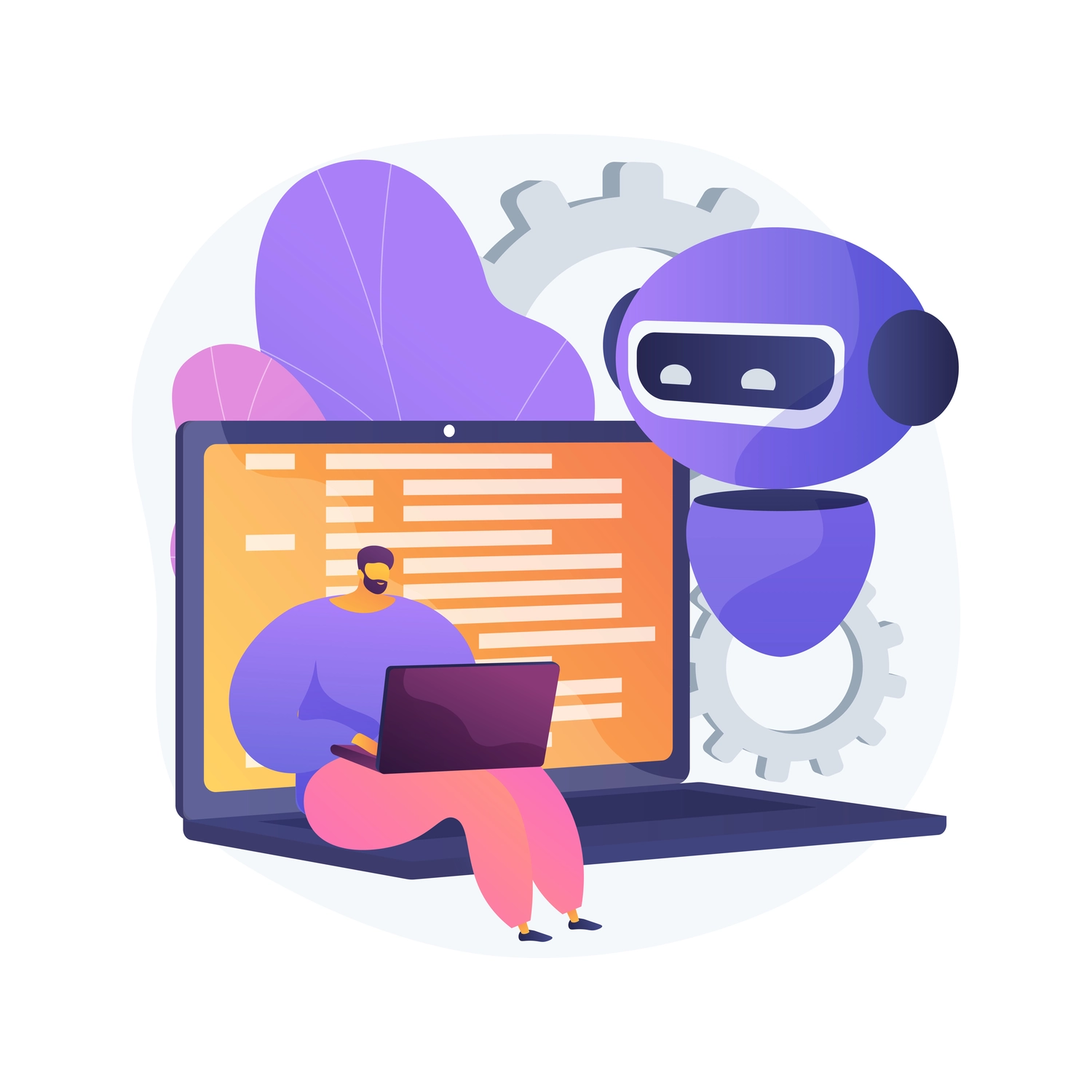
According to Henry Nagel from Small Business SEO Services company “As technology continues to evolve, the integration of AI and ML in SEO will become more profound. SEO professionals will need to adopt sophisticated AI tools to maintain competitive advantage and achieve superior results.”
The future of SEO will likely be characterized by even more personalized user experiences, more accurate predictive analytics, and increasingly efficient content optimization strategies.
The integration of AI and ML into SEO represents a significant shift towards more data-driven, efficient, and user-centric practices. Businesses that embrace these technologies can improve their search engine rankings, better understand their audiences, and deliver more engaging and relevant content. As we look to the future, staying informed and adaptable will be key to leveraging the full potential of AI in SEO.
This discussion only scratches the surface of how AI and ML are revolutionizing SEO. As these technologies continue to develop, their impact on SEO strategies and practices will undoubtedly grow, making continuous learning and adaptation essential for success in digital marketing.
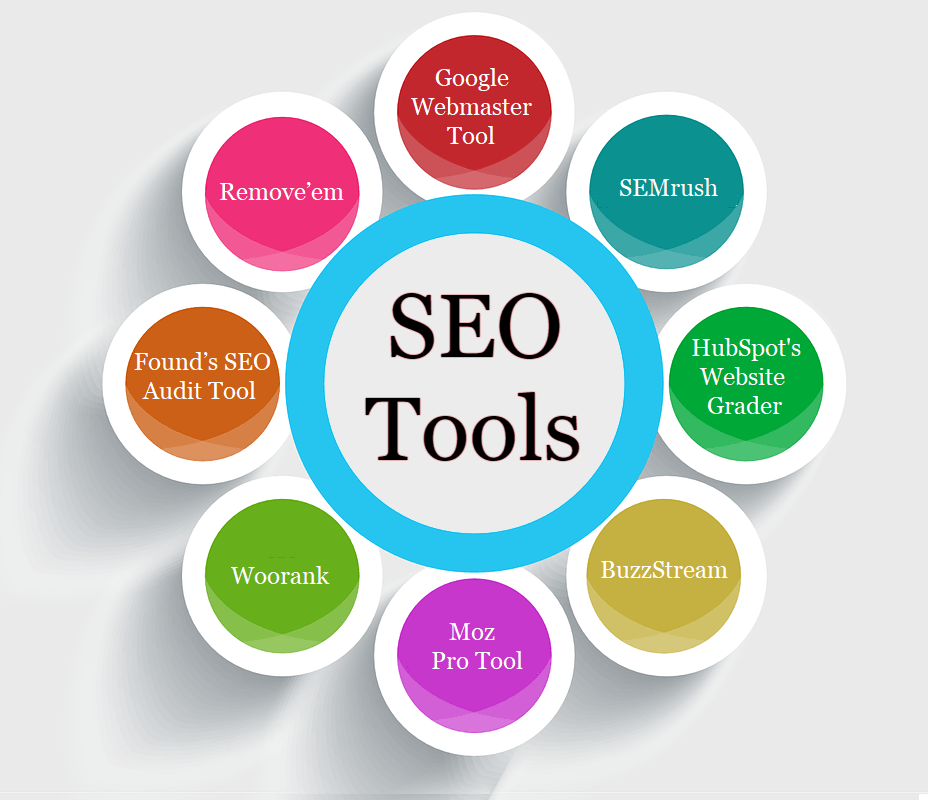




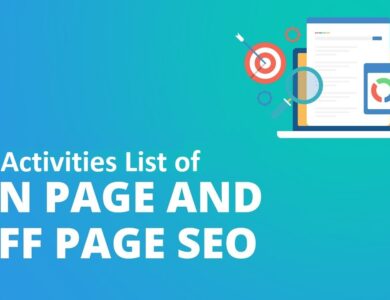
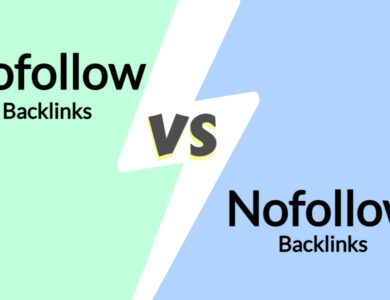
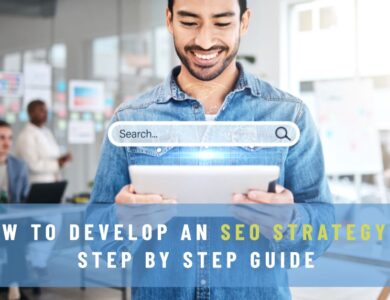
AI and machine learning are revolutionizing SEO, offering unparalleled insights and optimization capabilities, reshaping digital marketing strategies for the future.